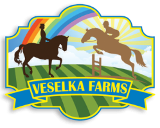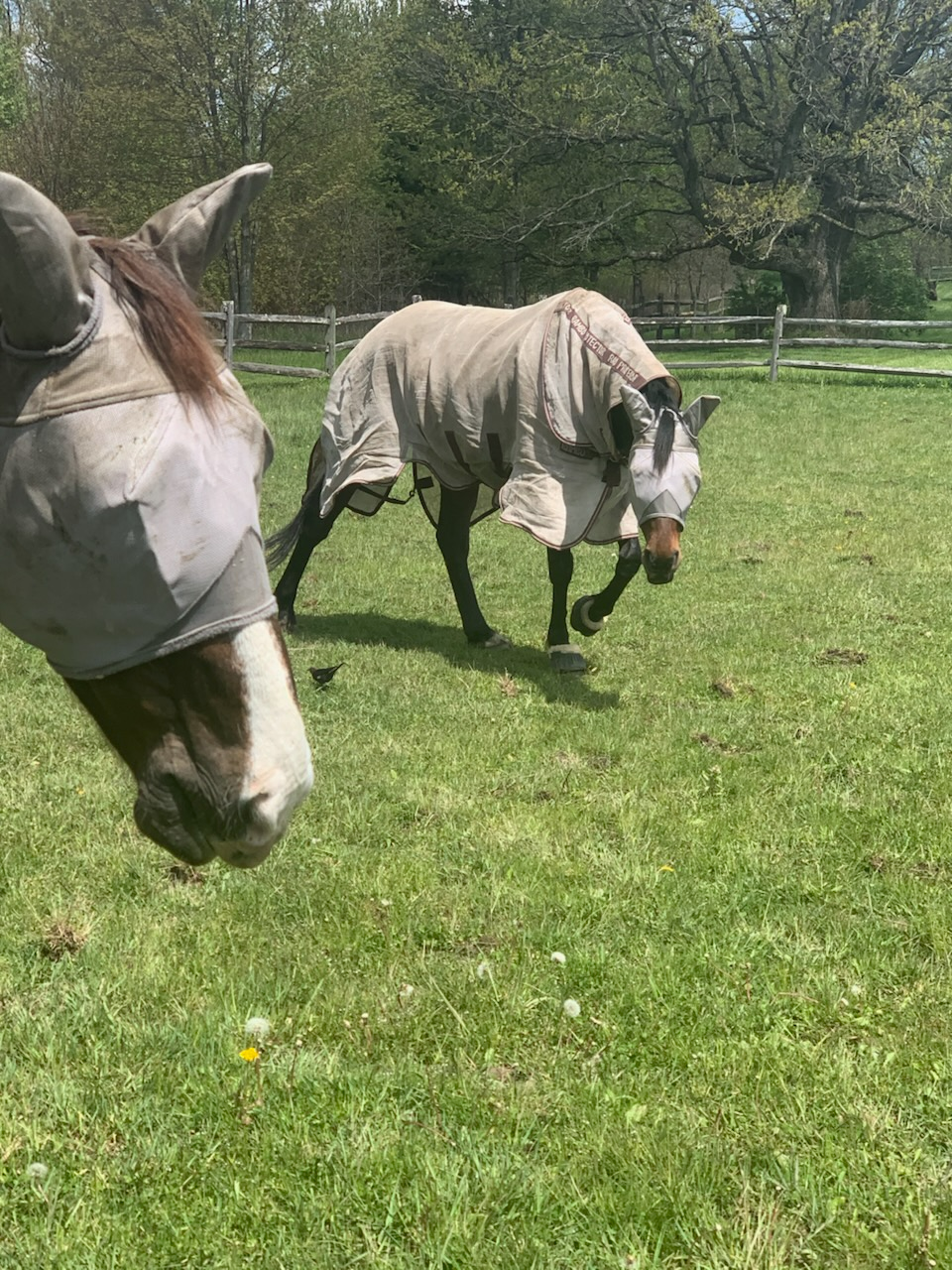At Veselka Farms, our Equine-Assisted Psychotherapy (EAP) program blends clinical expertise with the healing presence of horses to create meaningful opportunities for growth and recovery. Located in Pataskala, Ohio, our sessions pair a licensed mental health clinician with an equine specialist, offering an evidence-informed, experiential approach to therapy. Whether you are navigating trauma, anxiety, depression, or seeking personal development, EAP provides a safe, supportive environment to help you move forward.
What is Equine-Assisted Psychotherapy?
Equine-Assisted Psychotherapy (EAP) is an experiential form of therapy that incorporates horses into the therapeutic process. Unlike therapeutic riding or hippotherapy, EAP focuses primarily on ground-based activities such as grooming, leading, and observation, which become powerful tools for emotional insight and behavioral change. Sessions are facilitated by a licensed mental health professional and an equine specialist working as a team to support client goals.
This collaborative model is recognized by professional organizations such as EAGALA and PATH Intl, which set international standards for safe and ethical practice in equine-assisted services.
How Equine Therapy Works at Veselka Farms
At Veselka Farms, every EAP session is tailored to the client’s therapeutic needs. Sessions typically last 60–90 minutes and follow a structured flow:
-
Check-In (10 minutes): Clients and therapist review goals and emotional state.
-
Experiential Activities (35–50 minutes): Clients engage in non-riding interactions with horses — leading, grooming, or completing structured tasks.
-
Reflection & Processing (10–20 minutes): The therapist facilitates discussion, connecting the client’s experience with therapeutic objectives.
Both the licensed clinician and the equine specialist are actively involved, ensuring safety and therapeutic integrity throughout the process. The horses serve as responsive partners, providing real-time feedback that clients can use to develop new insights and coping strategies.
Who Can Benefit from EAP?
EAP is versatile and effective for a wide range of populations, including:
-
Individuals coping with trauma or PTSD (including veterans)
-
People struggling with anxiety, depression, or stress
-
Youth and adolescents with behavioral or emotional challenges
-
Families seeking to improve communication and trust
-
Adults pursuing personal growth, self-awareness, and resilience
Because EAP is highly adaptable, it can serve as a stand-alone therapy or as a complement to traditional approaches such as Cognitive-Behavioral Therapy (CBT) or mindfulness-based practices.
Evidence & Clinical Outcomes
Research on equine-assisted psychotherapy continues to grow. Studies suggest that EAP may:
-
Reduce symptoms of post-traumatic stress disorder (PTSD) and improve emotional regulation in veterans and trauma survivors.
-
Enhance self-esteem, trust, and communication skills in children and adolescents.
-
Support individuals with anxiety and depression by fostering mindfulness, grounding, and self-reflection.
While more large-scale studies are needed, reviews in peer-reviewed journals highlight EAP as a promising adjunct to traditional therapy with measurable benefits across diverse populations.
Safety, Training & Credentials
At Veselka Farms, your wellbeing is our highest priority. Our EAP program is:
-
Clinician-led: Sessions are facilitated by Dr. Christine Charyton, Ph.D., a licensed psychologist, alongside trained equine specialists.
-
Standards-based: Our practices align with EAGALA and PATH Intl guidelines for equine-assisted therapy and horse welfare.
-
Safety-focused: We follow strict protocols for client safety, animal welfare, and accessibility, including accommodations for physical limitations and allergy considerations.
What to Expect in a Session
Clients can expect a welcoming, non-judgmental space designed to foster trust and growth. Practical considerations include:
-
Session length: 60–90 minutes
-
Frequency: Weekly or biweekly sessions recommended
-
What to wear: Comfortable clothing and closed-toe shoes
-
Environment: Ground-based sessions in our indoor arena or outdoor spaces, depending on weather and therapeutic goals
-
Getting started: An initial consultation to assess goals and create a customized treatment plan

